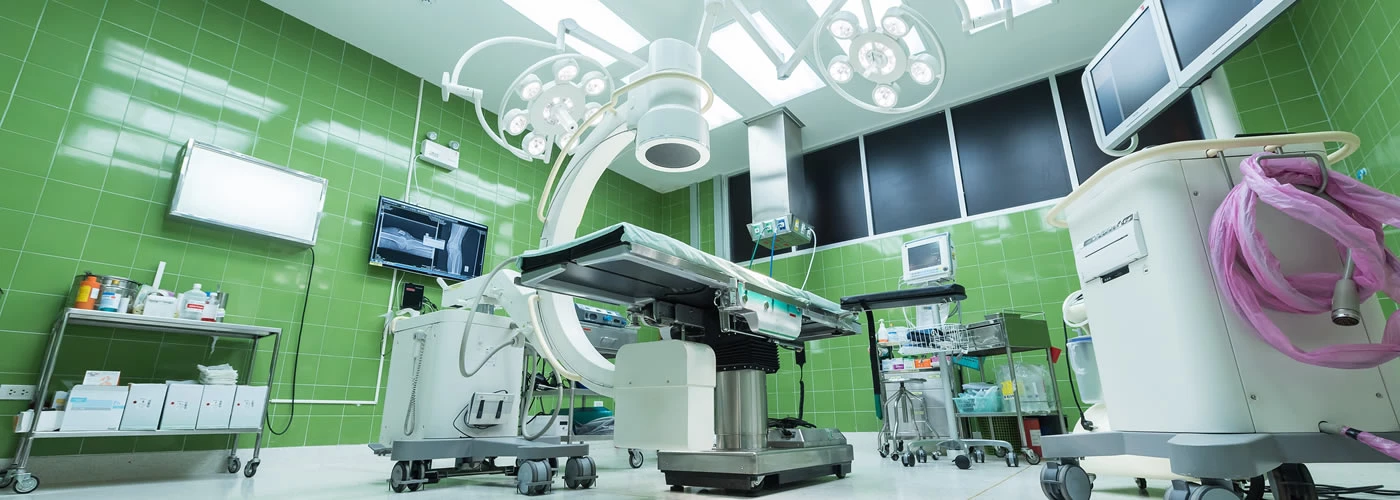Throughout October, we’ll be featuring powerful advocates from the YSC community. They come from diverse backgrounds, and each have unique approaches to advocacy. There’s no one way to be an advocate; we hope these profiles will inspire you on your advocacy journey.
 Name: Desiree Walker
Name: Desiree Walker
Age at diagnosis: 38 & 47
Age now: 55
Location: New York City
What is your advocacy focus?
As a patient advocate, I attend trainings and conferences both nationally and internationally. I participate in Lobby Days with the National Breast Cancer Coalition (NBCC) and the National Coalition for Cancer Survivorship (NCCS), and Rally Days with Breast Cancer Action and the American Association for Cancer Research (AACR).
I am a research proposal reviewer for the Department of Defense’s Congressionally Directed Medical Research Program (CDMRP) and Patient-Centered Outcomes Research Institute (PCORI). I work with researchers providing the patient perspective. I am a member of the Centers for Disease Control’s Advisory Committee on Breast Cancer in Young Women, and the National Cancer Institute’s Central Institutional Review Board. I am also a member of YSC's RISE Legacy.
I also facilitate a breast & ovarian cancers support group for women of African, African American and Caribbean heritage. I'm a health educator with a special message to women to know their bodies, be informed, empowered and have the confidence to advocate for themselves.
What are the biggest issues in this area for young women?
The biggest issue for young women are cancer policies that don’t take into account that young women can and do get cancer. More research is needed to understand breast cancer in young women and ensure a young woman can experience quality of life after a diagnosis.
How did you first get involved with advocacy?
I first got involved with self-advocacy when I was diagnosed. I needed to educate myself to be empowered to select my healthcare team, ask pointed questions and make informed decisions. Becoming a statistic propelled me into advocacy to help others, because many people did not believe young women can breast cancer.
Who do you advocate for - yourself? A friend or family member? Your community? Let us know by joining our social media campaign, #ImAdvocatingFor.
If you could have one advocacy-related superpower, what would it be and why?
My one advocacy-related superpower would be to ensure quality healthcare for all -- one's zip code shouldn't dictate one's access nor determine whether one will live or die. Health equity is a human right.
Tell us about something you’ve accomplished or taken part in that you’re proud of.
I've helped women become informed, empowered, find their voices and be active participants in their breast cancer journey.
What’s your advice for someone looking to get started?
If you'd like to get started in advocacy, here are a few tips:
-
Wait at least one year after diagnosis. Give yourself time to regain strength, both physically and emotionally
-
Assess your skillset and seek training, know the facts about breast cancer (evidenced based research)
-
Start slow and determine what fuels your spirit and makes you feel gratified
-
Know your strengths and weaknesses, but don't be afraid to step out of your comfort zone and learn new skills to handle issues as they arise
-
Self care is essential to avoid burn out, keeps you healthy and effective
How do you cope after a tough day?
I remind myself that Rome wasn't built in a day. Incremental progress is still progress. Patience, perseverance & resilience will carry you a long way.




